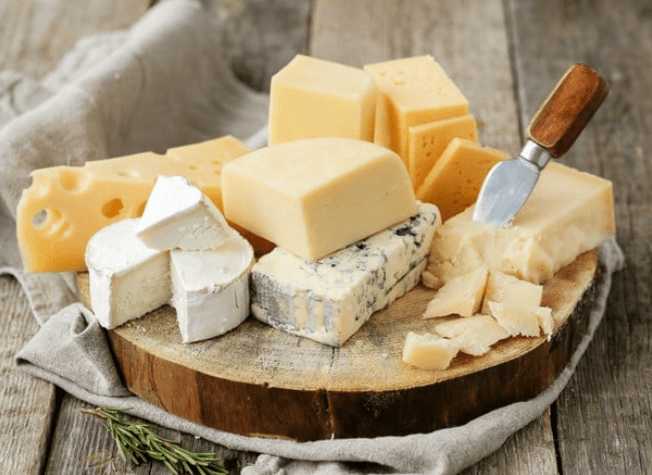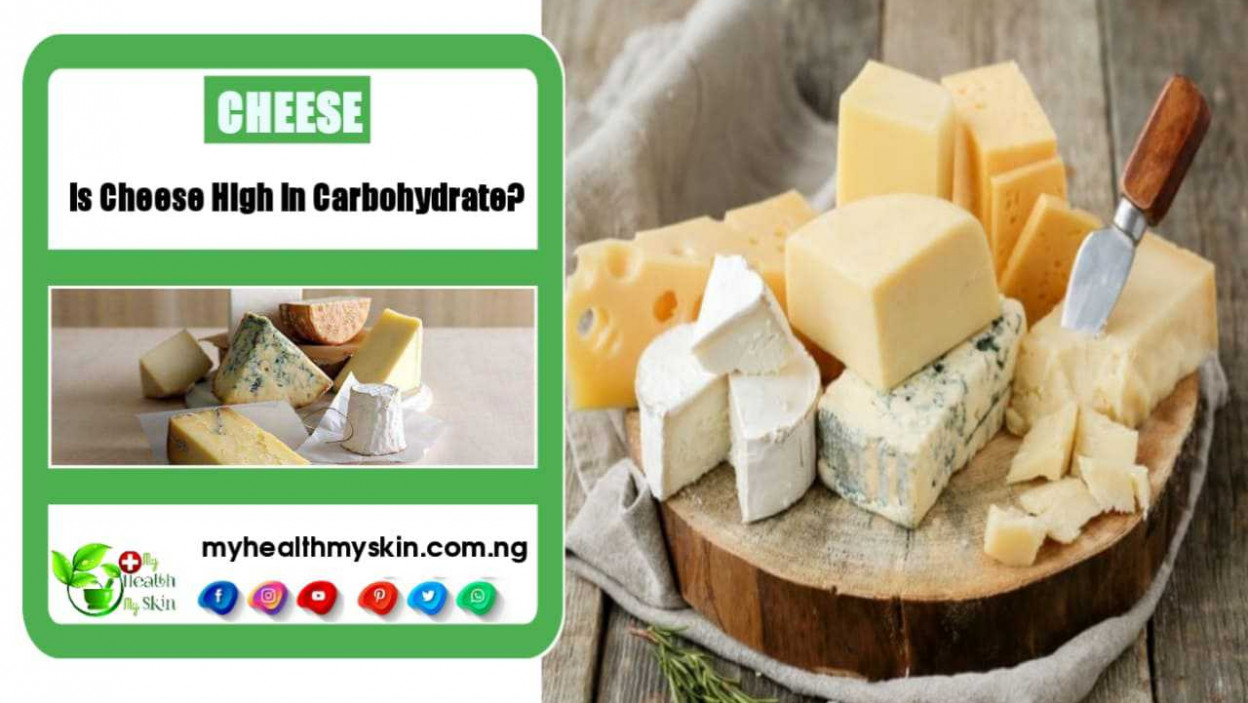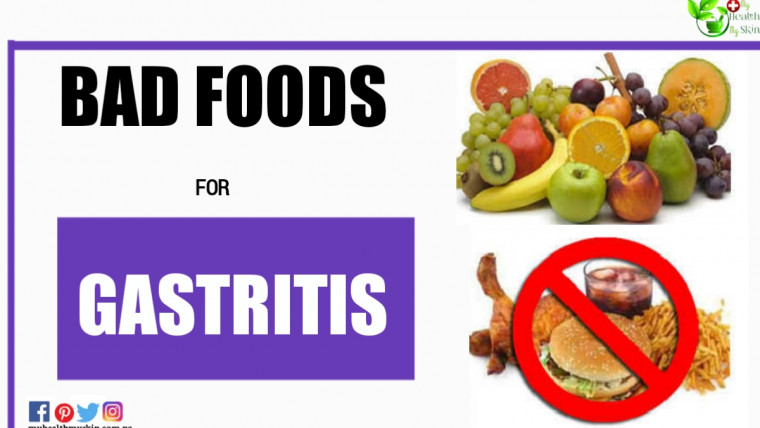Cheese is a very versatile ingredient and is present in many recipes. It is produced from the fermentation of milk and can be obtained from cow’s, sheep’s, goat’s milk, among others.
The inclusion of this food in the diet contributes to a rich and balanced diet, since for the most part, cheeses stand out for their high content of proteins, minerals, such as calcium, phosphorus, zinc and potassium, in addition to the vitamins of the complex. B, A, D and K.
But have you ever wondered or could you tell if, there is cheese high in carbohydrate? As much as some people don’t think much about it when they consume food, discovering this information is important for people who follow some type of diet in which there is a restriction or decrease in the consumption of some nutrient.
[lwptoc]
Is Cheese High In Carbohydrate?

Cheese is rich in essential nutrients like protein, calcium, phosphorous and some not so healthy ingredients? However, if you’re a low-carb dieter and you like cheese, you’re in luck.
Cheese is not a high-carbohydrate food, because cheese is high in saturated fat and sodium. However, too much consumption increases the risk of heart disease.
Carbohydrates In Cheese
Despite the fact that cheese contains some carbohydrates, a part of cheese generally provides less than 2 grams of carbohydrates.
The United States Department of Agriculture Nutrient Data Laboratory reports that 1 ounce of cheddar cheese provides 0.36 grams of carbohydrates, while Swiss cheese contains about 1.53 grams of carbohydrates per 1-ounce serving.
According to study, most low-carbohydrate diets provide 50 to 150 grams of carbohydrates daily. Therefore, cheese can be included in low-carb meal plans.
Carbohydrate Requirements

- Although high-protein, low-carb diets are often effective for weight loss, your body needs carbohydrates to function properly. The Institute of Medicine recommends getting 45 to 65 percent of your calorie intake from carbohydrates, and at least 130 grams of carbohydrates daily. Since carbohydrates provide 4 calories per gram, getting 45 to 65 percent of your calories from carbohydrates means eating 225-325 grams of carbohydrates per day, if you follow a 2,000-calorie diet, and 158 to 228 grams of carbohydrates per day. day when using a 1400 calorie meal plan to lose weight.
cheese vs. Other dairy products
- Cheese is one of the few low-carbohydrate dairy products. Milk, yogurt and kefir contain a significant number of carbohydrates. The USDA Nutrient Data Laboratory reports that 1 cup of skim milk contains 12 grams of carbohydrates, while 1 cup of plain, low-fat yogurt provides about 17 grams of carbohydrates. Low-fat cottage cheese contains about 6 grams of carbohydrates per cup, the USDA reports.
Alternatives
- If you’re looking for a high-protein, low-carb food without the saturated fat and sodium found in regular cheese, you have a few alternative options. Try reduced-fat and low-sodium varieties of cheeses. You can also choose part-skim ricotta cheese, which is naturally lower in fat and sodium than regular cheese, but still lower in carbohydrates. Although slightly higher in carbohydrates than most cheeses, unsalted nuts and seeds are great alternatives to regular cheese because they are high in protein and healthy unsaturated fats, but low in sodium.
You May Also Like:
Other Nutrients Found in Cheese
Cheese also serves as a source of other nutrients, such as vitamins and minerals, which are important for the proper functioning of the human body. Among others, we can highlight:
- Calcium: plays a key role in the health of bones and teeth;
- Phosphorus: provides strength to bones and teeth and contributes to the pH balance of the human body;
- Selenium: has antioxidant action, strengthens the immune system and works to improve blood circulation;
- Zinc: it is important for the immune system, acts in the process of cell division and growth, works in the breakdown of carbohydrates and contributes to wound healing;
- Vitamin A: it is important for vision, bone and nerve health, has an antioxidant effect, promotes increased immunity, and in addition, it is effective in combating aging and preventing cardiovascular diseases.
- Vitamin B2: stimulates blood production, maintains the proper functioning of the nervous system, is important for the health of the skin and mouth and contributes to the health of the eyes, preventing cataracts;
- Vitamin B12: helps the body obtain energy, helps iron work well in the human body and collaborates with the formation of red blood cells;
- Vitamin K2: Also known by the name of menaquinone, it helps in maintaining heart and bone health.
- Sodium: the compound is found in small amounts in milk, the ingredient that makes cheese, but it is also added to cheese to improve its flavor and increase its shelf life (shelf life). The World Health Organization (WHO) recommends not ingesting more than 2 g of sodium daily.
New research has found that aged cheeses like cheddar, brie, and Parmesan may actually help increase life expectancy and prevent liver cancer.
Therefore, in addition to being delicious, its consumption in moderation is highly recommended.
If you want to read more articles similar to is cheese high in carbohydrate? We recommend you visit our Diet & Nutrition category. Share on your social networks and stay tuned for upcoming articles.

Did You Previously Think Cheese Was Protein Or Carbohydrate? What Kind Of Cheese Do You Usually Consume? Comment Below!







